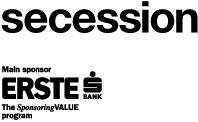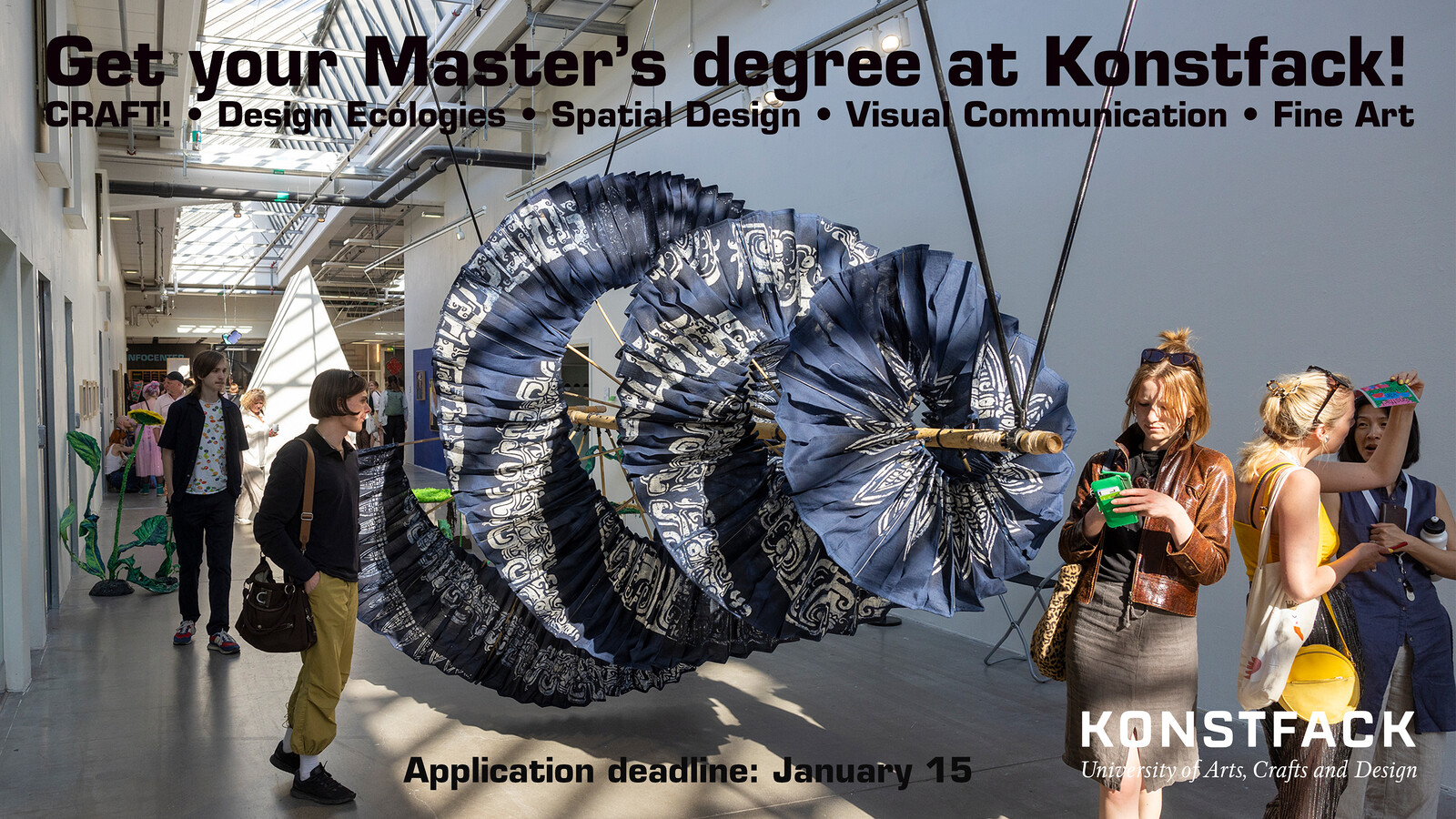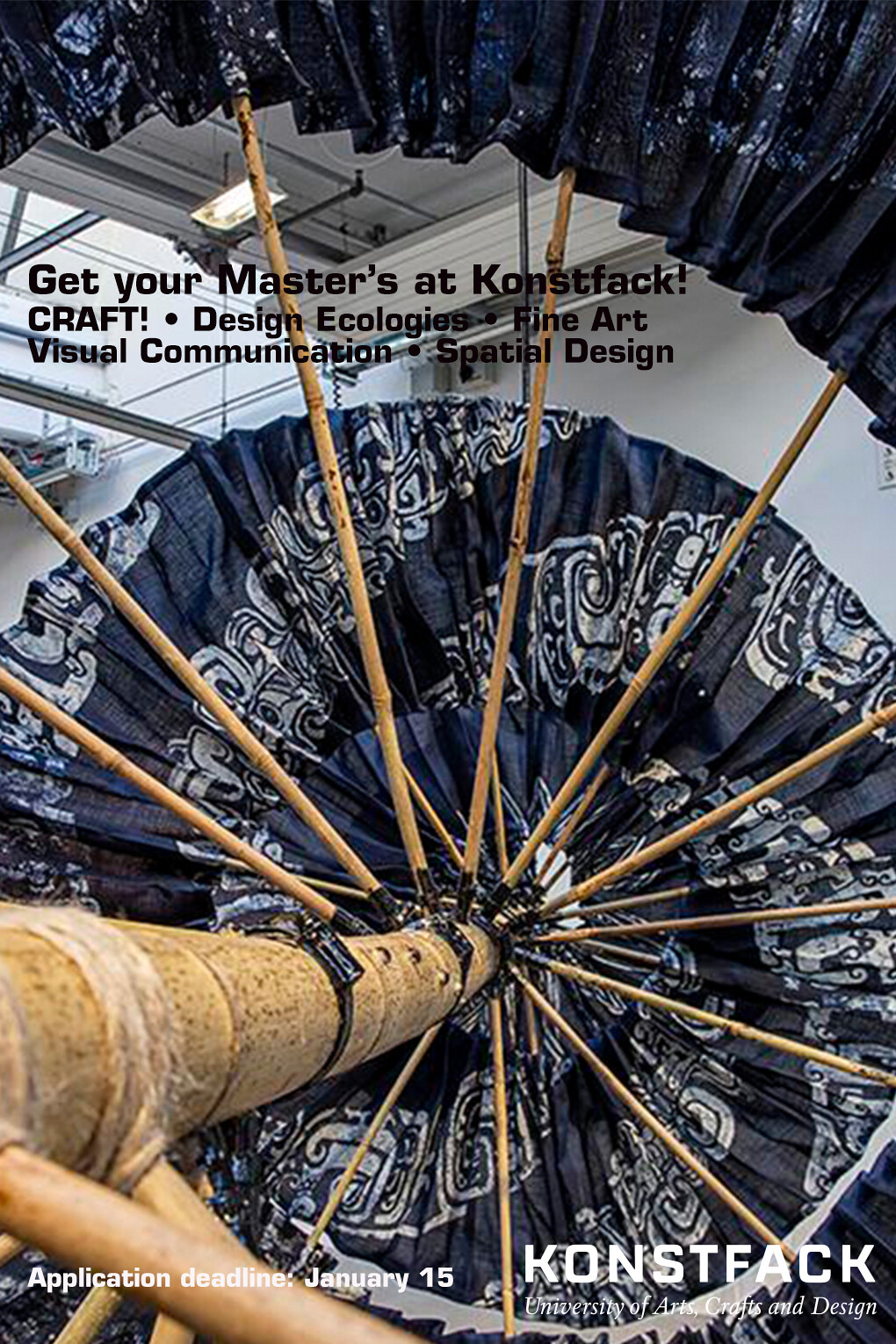Yto Barrada: The Sample Book
September 8–November 1, 2016
Friedrichstraße 12
1010 Vienna
Austria
Hours: Tuesday–Sunday 10am–6pm
T +43 1 587530710
F +43 1 587530734
presse@secession.at
Thea Djordjadze
To be in an upright position on the feet (studio visit).
Thea Djordjadze makes expansive installations that she develops in situ and in close interaction with the surrounding spaces. The Georgian-born artist begins by exploring the specific qualities of a given exhibition space and then creates work that subtly transforms the perception and possible readings of the architectonic situation.
Ordinary staples such as fabrics, steel, glass, plaster, foam plastic, wood, and papier-mâché are the materials out of which Djordjadze manufactures sculptural objects. Presented in carefully composed arrangements sometimes complemented by found objects, paintings, and drawings, her installations recall domestic or functional settings. Her idiosyncratically proportioned sculptures suggest pieces of furniture or elements of an exhibition display such as beds, frameworks, pedestals, or showcases. The design vocabulary blends modernist geometric rigor with organic amorphous improvisation. Yet the elements correspond not only to each other, but always also to the given spatial context, building a palpable tension.
Thea Djordjadze’s process-based artistic praxis reads as an ongoing process in which existing and new elements, materials and objects are repurposed, reconfigured, and rearranged. Her exhibition project for the Secession implies transferring her studio and literally everything in it to Vienna. Here, the artist will respond to the iconic exhibition space and create a site-specific installation with her studio’s inventory, at once a kind of meta-exhibition, while her studio in Berlin remains empty.
Thea Djordjadze was born in Tbilisi in 1971 and lives and works in Berlin.
Curated by Jeanette Pacher
Yto Barrada
The Sample Book
Since A Life Full of Holes: The Strait Project (1998–2004), Yto Barrada has continued to explore the specific condition of her hometown Tangier, and Morocco in general, against the backdrop of global political and economic shifts. She regards her topic from surprising angles, as if “entering through the backdoor”—always with empathy, subtlety, and humor.
With her latest body of works for her exhibition The Sample Book at the Secession, Barrada pursues and extends her recent work that deals with fossil evidence, museology, and natural history. The exhibition juxtaposes her latest film Faux départ (False Start, 2015) with photograms, textiles and sculptures that find inspiration in fields as diverging as traditional crafts and scientific visualization.
In Faux départ Barrada studies the elaborate fossil industry along the so-called “Dinosaur Road.” In particular, this essay film pays homage to the “préparateurs” in the arid region between the Atlas Mountains and the Sahara Desert, whose intrepid work fuels a thriving trade in artifacts—real, faux and hybrid. Faux départ is a rebuke to the fetishistic thirst for foreign objects, a sly meditation on authenticity, and a paean to creativity.
For the Secession exhibition, Barrada has also been working in a darkroom to create color photograms—photographs made directly under the enlarger’s lamp without using a camera. These are informed by the graphic conventions used by geologists in their mapping of the earth’s layers. In these diagrams, prehistoric eras are represented by colors, various types of rock formations by patterns. The exhibition also debuts Barrada’s new work with textiles, including natural dyes, embroidery, collage, and color-sample books.
The exhibition title refers to the samples of colored fabric bound in brochures, which professionals in the textile and dye industry have been using over the centuries. The exhibition will be accompanied by an artist’s book entitled The Sample Book.
Yto Barrada was born in Paris in 1971 and currently lives and works in New York City. She was recently nominated for the 2016 Marcel Duchamp Prize.
Curated by Bettina Spörr



